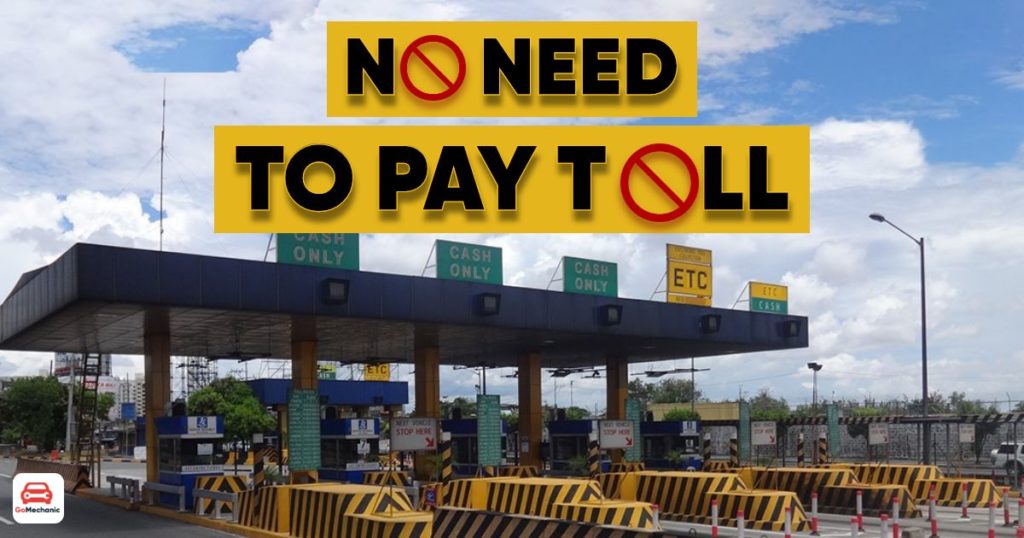A United States (US) company contracted to construct the 300 billion Kenyan Shilling Nairobi to Mombasa Expressway has reportedly rejected the offer from Kenya stating that it should build the road and then recoup its expenses by putting in place toll charges or fees for motorists.
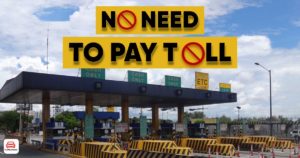
The Parliamentary Budget Office (PBO) made it known that Bechtel which is the American company that has been contracted, opted for a model where the Kenyan government pays it outright for the construction of the Nairobi to Mombasa road as opposed to recouping via user fees.
What this means is that the Kenyan Government may have to resort to borrowing billions of Kenyan Shillings putting further pressure on the public debt that has already experienced a quick growth which has resulted in numerous warnings emerging, putting the construction of the road in uncertain waters.
According to reports Motorists would have been expected to pay Toll fees or charges in order to utilize the route which has so far, been experiencing slow speeds due to traffic and major congestion.
The budget office made it known that a study by the Inter-America Development Bank revealed that a road is more eligible to be a candidate for being built via the Toll fees method if and only if, it has a flow that exceeds 5,000 vehicles per day. The only exception would be if the government offers a subsidy to the contractor(s), that is substantial.
The Parliamentary Budget Office (PBO) stated that, “This limits the number of roads that can be undertaken by the model in Kenya to a few sections of the main transport corridors. Along the A8 (Malaba – Eldoret – Nakuru – Nairobi – Voi – Mombasa) road, the Nairobi Expressway has so far proved to be a viable section for tolling while the Mombasa – Nairobi Expressway has proved difficult.”
The The Parliamentary Budget Office (PBO) added that, “The contractor has indicated that the country will get better value for money if the road is constructed under an EPC (Engineering, Procurement and Construction) model rather than a toll model.”
The United States (US) company; Bechtel, believes that the alternative which is the Public-Private Partnerships (PPP) model would cost it five (5) times more at 15 billion United States Dollars (around 1.5 trillion Kenyan Shillings) while also taking a significantly longer timeframe to complete. The Public-Private Partnerships (PPP) model is basically a situation where the contractor looks for the funds required to execute the construction of whatever project it is contracted to do.
The construction of the Nairobi to Mombasa Expressway was first planned as far back as July of 2015. This is when the former President of the United States (US); Barack Obama signed a Memorandum Of Understanding (MOU) with the Kenyan Government.
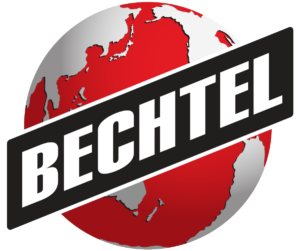
Construction behemoth; Bechtel Corporation, was nominated by the United States Government, for the Nairobi to Mombasa Expressway project.
The new dual carriage way, was intended to include two (2) lanes on either side, and also run parallel to the Nairobi to Mombasa road which is currently being used.
The contract for the Nairobi to Mombasa Expressway project was signed in August of 2017 and single sourced to Bechtel Corporation. This move maintained the tradition of state to state funding deals that benefit companies from the country which is financing.
The Toll charge model has been praised by a number of observers, as a proper solution to the road financing struggles as it reduces the pressure on a country with regards to piling up public debt.
Various countries like Nigeria, Canada, India, the United Kingdom (UK), South African, and France have in the past made use of the Toll charge model when finding their road infrastructure projects.
In Kenya Toll charges were first introduced in the late 1980s. They were however canceled by the middle of the 1990s and replaced with the roads maintenance levy which right now stands at 18 Kenyan Shillings per litre of Petrol and Diesel.
The East African nation of Kenya is looking to continue the strategy of spending on new infrastructure through funding provided by private establishments, while reducing the budget deficits and instances of borrowing.
Its current Public Debt of 7.8 trillion Kenyan Shillings, constitutes 72 percent of the total Gross Domestic Product (GDP) and is significantly higher than the threshold which was put in place to effectively measure sustainability.
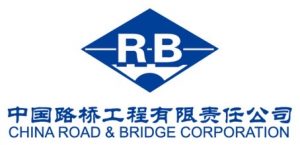
The construction of the Nairobi Expressway by the China Road and Bridge Corporation (CRBC) has been approved by the Kenyan Government. The approval also gives the China Road and Bridge Corporation (CRBC) concession to operate the road and recoup on expenses by charging motorists toll fees for a period of 30 years before then handing over operations to the Kenyan Government.
The project which is already underway, is expected to reach completion by December of 2021 at an estimated cost of 67 billion Kenyan Shillings.
The roads which are being shortlisted for tolling include, Mombasa Road, The Nairobi Southern Bypass, Nakuru Highway, and the Thika Superhighway.
The Parliamentary Budget Office (PBO) is however worried that placing toll charges on roads could result in the occurrence of civil unrest.
The China Road and Bridge Corporation (CRBC) has already begun to recruit attendants for the sole purpose of collecting says toll fees as the project which some describe as ‘Pay To Use’, approaches completion.
Read Also: Kenya Secures Africa’s Biggest Public-Private Partnership For Road Network
According to the Parliamentary Budget Office (PBO), “The Nairobi Expressway project has also not won full support of the public since the project is shrouded [in secrecy], with lack of proper and comprehensive information disclosure and other ambiguities especially on assumptions behind the 30 years’ period given to the investor and the risk mitigation measures if the assumptions fail to hold.”
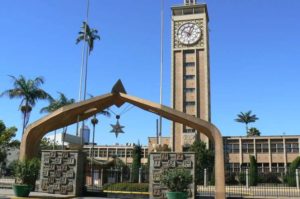
There are a number of concerns as well, that the toll charge would be a double tax for a significant number of motorists who are right now paying for road maintenance via the Fuel Levy.
The Parliamentary Budget Office (PBO) gave an example of the West African nation of Nigeria who cancelled the collection of Toll fees on the Lekki Toll Road/Gate as a result of a number of community riots that protested against and objected to the paying of said Toll fees.
In a somewhat similar way a proposal in 2016 which suggested the introduction of tolling on the Nairobi Southern Bypass in Kenya, resulted in the general public expressing its displeasure.
How informative was this article? Are there any other news topics, categories, or How To topics, that you would like us to write on? Feel free to reach out to Mpesa Pay in the comment section.

